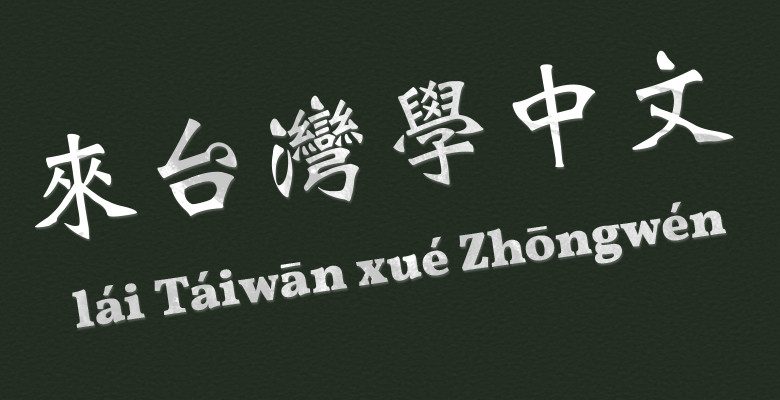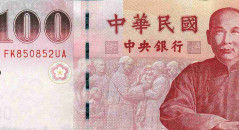
Already a popular destination for students of Mandarin, the government is now doing more to encourage universities to offer English-language Master’s courses
Learning Mandarin
Many people move to Taiwan with the aim of learning Mandarin. Large universities in all of the major cities offer Mandarin programs, the most highly-regarded of which is National Taiwan University’s International Chinese Language Program (ICLP). It offers students an intensive way to study with small class sizes (around 4 students per class) but is also a lot more expensive than the other options, at US$3,700 per quarter (2012 prices). As a comparison, NCKU in Tainan has a small class course costing US$1,037 for an 11-week quarter, with 15 hours a week of tuition. NCKU and most of the other universities use a series of textbooks called Practical Audio-Visual Chinese, developed at National Taiwan Normal University in the 1970s. Though widely-used, the teaching methodology can be antiquated, with a heavy emphasis on reading and writing. Despite these hurdles, many students have successfully used their programs to achieve a good level in Mandarin.
More freedom in choosing the style of instruction can be had by studying at a private language school. However, these schools are not normally able to grant visas to their students. Popular private schools include the Taipei Language Institute (TLI), with two branches in Taipei and one each in Taichung and Kaohsiung. Two others based in Taipei are the Chinese Language Institute and the Pioneer Language Institute. For languages other than Mandarin, Maryknoll Language Center (Taipei and Taichung), set up to train Catholic missionaries in local languages, offers classes in Taiwanese (also known as Hoklo or Hokkien) and Hakka. TLI also has a Taiwanese language program.
Higher Education
Taiwan is very welcoming to foreign nationals wishing to study at university for an advanced degree. In an effort to increase international competitiveness, many universities now offer courses in English in a wide range of subjects, and many have also started to devote more resources to hiring non-Taiwanese academic staff. According to the Times Higher Education Supplement rankings, the top universities in the country are as follows:
- National Taiwan University (Taipei)
- National Tsing Hua University (Hsinchu)
- National Chiao Tung University (Hsinchu)
- National Sun Yat-sen University (Kaohsiung)
- National Taiwan University of Science and Technology (Taipei)
In general “National” (i.e. state-funded) universities are ranked higher than private institutions. Full-time students can obtain residence visas through their schools, and bursaries are available to assist many international students with fees and living costs.



